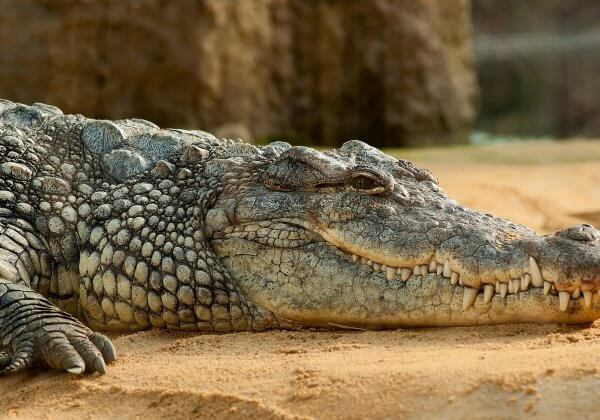The Life of a ‘Winter Lamb’
There’s an old saying that “where there’s livestock, there’s dead stock”.
The Australian sheep and lamb industry will slaughter more than 30 million animals this year, but an additional 10 to 15 million lambs will die – shivering and hungry – in icy fields.
 Leaked Australia
Leaked Australia
Why do so many die?
Many sheep on farms are forcibly impregnated so that they give birth during the winter months and their babies can be weaned in the spring when the fields are the most fertile. Plentiful food in the spring means that lambs become fat prior to being slaughtered for the Christmas lamb market.
Because animal agriculture is a business, farmers have selectively bred sheep over time in order to increase the number of multiple births. Sheep farmers now have access to genetics technology that ensures sheep will carry twins or triplets – and sometimes up to five or six lambs at a time. But the survival rate of these babies is grimly low.
Many lambs are simply born too small and weak to live and are abandoned by their flocks, while others are orphaned when their mums die after being sick or don’t survive the birth. Ewes carrying twins or multiple babies can develop pregnancy toxaemia, also known as “lambing sickness” or “twin lamb disease”.
The industry estimates that one quarter of lambs born in Australia – up to 15 million– die from exposure or malnutrition or are killed by predators within 48 hours of birth.
Born Into a Life Filled With Suffering
Those who survive aren’t spared the harsh cruelty of Australian wool farms. When they’re just 6 months old, their tails are cut off, and the majority of them are forced to endure a gruesome procedure called “mulesing“, in which huge chunks of skin and flesh are cut from their backsides, often without any pain relief.
In nature, sheep grow only enough wool to protect themselves from extreme temperatures. But humans have bred them to have wrinkly skin – which means a larger surface area for wool to grow on – and not to shed during the warmer months. This manipulation means that sheep bred for wool in Australia are unable to regulate their own wool production naturally.
The shearing process itself is also extremely stressful and painful for sheep. Multiple investigations of the wool industry in Australia have revealed that workers punched scared sheep in the face, stomped and stood on their heads and necks, and beat and jabbed them with electric clippers and a hammer. Shearers are often paid by volume, which encourages fast, violent work that can lead to gaping wounds on sheep’s bodies.
What can you do to save lambs?
Lambs and sheep are dying because of the demand for their meat and wool. You can make a difference by refusing to buy wool in favour of selecting comfortable and cosy cruelty-free clothing and choosing vegan foods.
Find Australian Brands That Are 'PETA-Approved Vegan'If you ever see a lamb lying down while alone and separated from the rest of the flock, please contact the RSPCA immediately.






